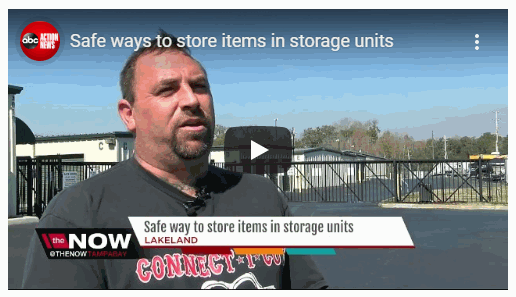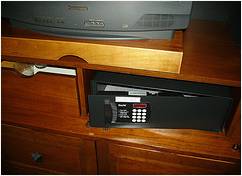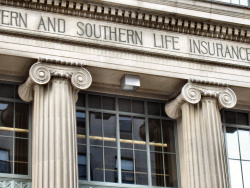Most people have certain items that they need to store securely whether they plan to keep those items at home or at a separate location. Often, the size of their house or apartment and space in attics, basements, or garages affect the decision to keep items at home or at another facility. But there could be other reasons such as only using large items such as fishing boats during a specific season, or keeping certain furniture stored away until a move-in is finished. Whatever your reasons for needing some storage space, there are a few ways you can rent it.
Renting a Self-Storage Unit
The most common place where items are stored is at a self-storage facility for either temporary or ongoing storage needs. If you’re looking for a storage facility, you should choose one based on the levels of security and ease of accessing your unit. While the rental costs, as well as property insurance and initial fees, do matter, you don’t want to put your belongings at risk because you sacrificed top-notch security for affordable pricing. The three main factors that go into pricing are unit size, unit location, and any climate control capabilities it has. Some storage facilities like Cypress storage actually have a resident manager who lives on-site to enhance both the user experience and security.
Usually, self-storage units work for most household items including furniture, clothes, books, kitchen utensils, appliances and in some cases vehicles. If you’re renting from a reputable storage company, you can rest assured that they have high security in gates and fences that surround the property as well as surveillance cameras to make sure only authorized renters can access the premises. Usually, you will have to buy your own lock for your unit, but in some cases, the facility will sell quality locks that can’t be easily broken.
While self-storage units are a solution to storing most basic items, not everything can be stored in these units. Each facility will have its own rules on what can be stored there, but the following items are usually not allowed:
- Perishable foods
- Living plants
- Items with strong scents
- Flammable materials such as gasoline and kerosene
- Firearms and other weapons
- Items with very high value such as family heirlooms, precious metals, jewelry, and rare art
- Any other items not covered by your storage insurance
It’s important to read through the facility’s storage policy and make sure any questions you have on what can be stored are answered. It’s also good to review your homeowner’s insurance or renter’s insurance to see if your more valuable items covered or what you need to do to ensure that they are. Also keep in mind that while most self-storage facilities have 24/7 access, not all of them do, so be aware of whether or not you can retrieve your items if you need them at odd times of the day.
Renting a Bank Safe Deposit Box
If you have more valuable items or important documents that you need to keep safe but don’t necessarily need access to until specified times, you should consider renting a safe deposit box at your local bank to keep them safe. Not only do banks usually allow certain valuable assets to be stored in their deposit boxes that self-storage facilities do not, they usually have even better security. You just need to make sure you follow the procedures for designating anyone else besides you to access the box. A safe deposit box is where you can keep property deeds, vehicle titles, social security cards, birth certificates, and even precious metals and collectibles. Be aware though that you usually cannot keep cash in the box and you still should have any items kept in there insured.
Renting a Private Vault
The downside to renting a bank safe deposit box is that you can only access it during the bank’s business hours. If you’re looking for a place to store highly valuable items under both tight security but with 24/7 access, you might go with a private vault company. This is the most expensive storage option due to the high Fort Knox level of security as well as the kinds of locker boxes or vaulted rooms they have. But if you can afford them and want maximum security for items like gold bullion or rare paintings, private vaults could be the way to go.
You might also like:




